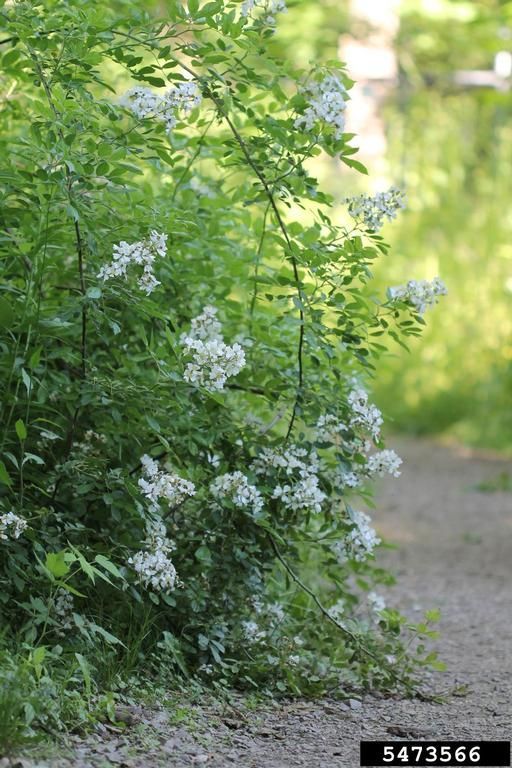#Fight4Fish: Helping keep Boating Access Sites open
Since its inception, Michigan United Conservation Clubs has worked to promote unfettered, responsible access to our wild places in Michigan.
Throughout Michigan, boating access sites (BAS) are subject to closures, often during nighttime hours, that inhibit anglers, hunters, trappers and recreationists access to public waters that should be open. MUCC understands that opening all sites 24 hours is not practical, but there are sites that can operate 24 hours with no biological consequences and minimal social implications.
Working with affiliate clubs like the Bowfishing Association of Michigan, MUCC has successfully lobbied the Michigan Department of Natural Resources to review nighttime boat access site (BAS) closures, allowing legal anglers access to boat launches on a 24-hour basis.
Visitors might get told to leave or even ticketed at certain sites if a gate wasn’t closed.
Many types of fishing, including walleye, catfish and bowfishing, all happen at night and waterfowl hunters often need to launch their watercraft hours before daylight to get to a spot and set up.
“Ensuring public access to public places in a way that makes practical sense and use of our resources is a no-brainer,” said Justin Tomei, MUCC policy assistant. “We understand this is not a one-size-fits-all solution — some sites have legitimate safety or vagrancy issues, for example, that make 24-hour access impractical.”
Before MUCC involvement, most DNR-owned and operated BAS across the state were closed overnight, often without any justifiable reason or by a simple administrative rule. These closures prevented many legal anglers, bow fishers and ice anglers specifically, from having a legal means to access public Michigan waterways.
The work has been ongoing since 2021, but to date, almost 20 previously closed BAS have been recommended to remain open 24 hours a day with the DNR committing to continue reviewing sites on a case-by-case basis.
Providing access to legal user groups is and remains a fundamental MUCC pillar. Real change can and has been enacted by everyday hunters and anglers through our grassroots policy process.
Join MUCC this summer as we #fight4fish by entering to win one of four great prizes by clicking here!
The post #Fight4Fish: Helping keep Boating Access Sites open appeared first on Michigan United Conservation Clubs.
Recent Posts



